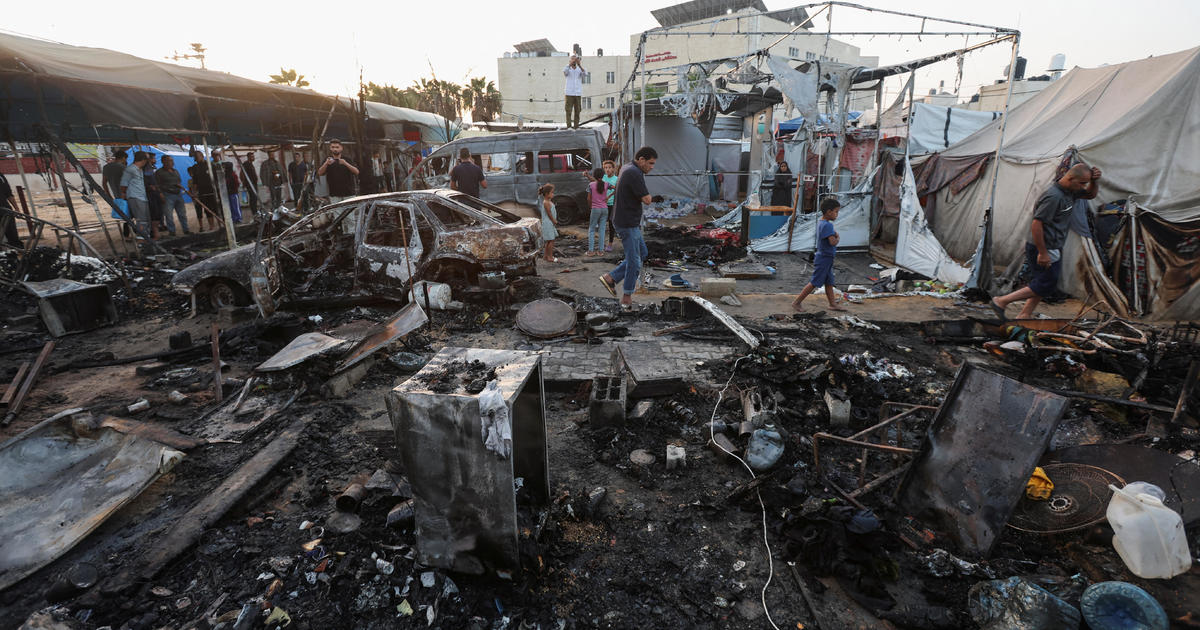The escalating conflict between Israel and various militant groups, including Hamas in Gaza and Hezbollah in Lebanon, has resulted in a devastating humanitarian crisis. Israeli airstrikes in Gaza have caused significant civilian casualties, prompting international condemnation and raising concerns about the proportionality of the response. Simultaneously, the ongoing clashes in Lebanon have displaced hundreds of thousands, further exacerbating the regional instability. This situation demands a multifaceted approach to address the immediate suffering, long-term stability and the root causes of the conflict.
The Humanitarian Crisis in Gaza
Civilian Casualties and International Condemnation
The Israeli military’s operations in Gaza have led to a significant loss of life among civilians, sparking outrage from various international bodies and governments. The reported targeting of a hospital, with videos surfacing seemingly showing civilians engulfed in flames, has drawn particular condemnation. While Israel maintains that its strikes target militant infrastructure, and that any civilian casualties are unintentional, the high number of civilian deaths undermines these claims. The sheer scale of destruction and the number of displaced Palestinians necessitate urgent humanitarian intervention, focusing on immediate needs such as food, water, medical supplies, and shelter. This crisis also necessitates the establishment of independent investigation into these allegations of civilian casualties.
The Role of Hamas and Civilian Infrastructure
Hamas’s presence within civilian areas presents a significant challenge in military operations. The accusations of using civilians as human shields, although repeatedly denied by Hamas, adds complexity to the issue. Israel asserts that militants embed themselves amongst the civilian population, making it difficult to engage them without risking civilian casualties. However, this claim doesn’t absolve Israel of its responsibility to take all necessary precautions to minimize civilian harm in any form of military operations. International humanitarian law emphasizes the obligation to protect civilians during armed conflict. The ongoing use of precision-guided munitions, alongside rigorous intelligence gathering, becomes critical to strike a balance between military effectiveness and safeguarding civilian life. Effective communication and measures to mitigate collateral damage are crucial in achieving this goal. Furthermore, impartial investigations into reported violations are paramount to ensure accountability and transparency.
The Lebanon Conflict and Regional Instability
Hezbollah’s Actions and Israeli Response
Hezbollah’s cross-border attacks into Israel, including the drone strike on the Golani military base, have triggered a significant military response from Israel. While Hezbollah’s actions are undeniably aggressive, Israel’s extensive countermeasures have raised concerns regarding proportionality. The displacement of a significant portion of the Lebanese population highlights the ripple effect of these armed exchanges. Moreover, the sheer number of civilians fleeing to escape violence is both immense and troubling. The humanitarian implications of this prolonged conflict, beyond just loss of life, necessitates substantial and swift action.
The Risk of Regional Escalation
The conflict in Lebanon presents a tangible risk of wider regional escalation. The possibility of an Israeli retaliation against Iran, considering its previous threats, poses significant dangers. The potential strikes on Iranian oil infrastructure or nuclear facilities risk a broader regional war and destabilizing the entire geopolitical landscape. Any such action would likely draw in multiple regional actors and could potentially engulf several regional countries. International efforts to de-escalate are essential, involving not just diplomatic efforts to bring parties to a negotiation table, but equally important to facilitate the humanitarian assistance in the affected areas, so that immediate crises may be addressed immediately. Diplomatic pressure from international actors on both sides of the conflict to exercise restraint and prioritize civilian safety remains critically needed in these instances.
The US Role and International Response
US Criticism and Aid
The US government’s response to the escalating conflict has been a mixed one. While expressing concerns about civilian casualties in Gaza and urging Israel to take more precautions, the US has simultaneously supported Israel’s right to self-defense. The nature of this support and the level of arms supply to Israel remain contentious points. Dividing support in this manner is problematic, as such action weakens any diplomatic response while simultaneously emboldening the parties involved to escalate and continue the conflict. A firm and unbiased approach that advocates for both cessation of hostilities and adequate support for victims, regardless of nationality or location, is greatly needed. This neutral, diplomatic response, even under the intense pressures imposed by either belligerent, would create the stability needed for the situation to ultimately be resolved through diplomacy.
International Efforts Towards De-escalation
International efforts to de-escalate the situation require a multifaceted approach. Ceasefires, although currently seemingly elusive, must be secured immediately as a vital first step to stabilize the region and limit further loss of life. Simultaneously, sustained humanitarian assistance must be ensured for those displaced or in need of urgent medical attention. Moreover, international pressure and potentially punitive measures against groups that fuel the conflict through illicit funding and arms supplies is needed. The root causes that continually ignite and perpetuate such conflicts must equally be addressed; any lasting resolution that addresses immediate needs while simultaneously ignoring underlying causes is certain to be flawed. Long-term peace will require a coordinated international effort focusing on diplomatic negotiation, the development of mutual trust, reconciliation and accountability in preventing future occurrences.
Take Away Points
- The ongoing conflicts in Gaza and Lebanon represent a grave humanitarian crisis demanding immediate international attention and action.
- The high number of civilian casualties requires an immediate focus on the protection of civilians from the brutality of violence.
- The potential for regional escalation necessitates urgent diplomatic efforts toward de-escalation.
- A balanced approach that acknowledges Israel’s security concerns, while simultaneously condemning attacks on civilian populations, is essential for effective conflict resolution.
- Long-term solutions require a comprehensive approach addressing the root causes of the conflict, promoting reconciliation and supporting sustainable peacebuilding.









